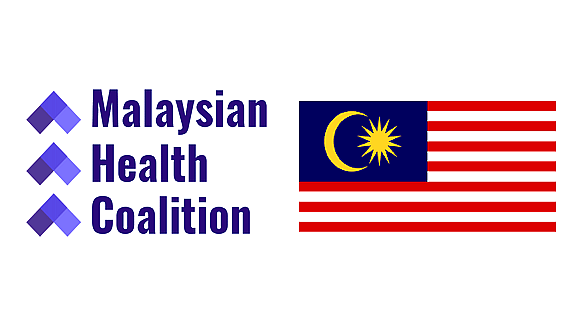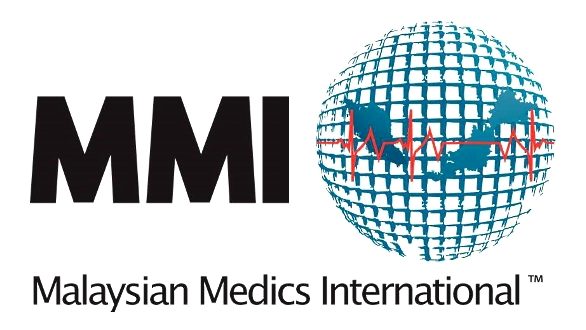 KUALA LUMPUR, Oct 29 (Bernama) — Malaysia needs to promote quality investments, especially high technology as well as skill and knowledge-intensive investments to achieve sustainable development.
KUALA LUMPUR, Oct 29 (Bernama) — Malaysia needs to promote quality investments, especially high technology as well as skill and knowledge-intensive investments to achieve sustainable development.
In its Economic Outlook 2022 report released today, the Ministry of Finance (MoF) said to this end, the country needs to reinvent and position itself as a destination for quality investments.
These investments may contribute to the creation of decent and value-adding jobs; facilitate the transfer of technology, knowledge and know-how; as well as boost the competitiveness of local firms, among others.
“Therefore, swift and effective reforms, coupled with attractive tailored policies and incentives, are imperative to attract quality investment.
“Studies have shown that there is great potential in Sustainable Development Goals (SGD)-related investments, as such, it is worthwhile for the government to promote quality investment aligned to the SDGs,” said the MoF.
According to the report, the government had embarked on various initiatives to attract quality private investments, mainly in skill and knowledge-intensive projects.
“These projects will promote technology enhancement and productivity improvement as well as create high-paying jobs,” it said.
In positioning Malaysia as a preferred investment destination, the government has introduced MalaysiaMudah (#MyMudah), a public-private partnership platform to assist industry players and businesses in identifying and reducing regulatory burdens.
It had also established the Project Coordination and Acceleration Unit to expedite the approval of applications and implementation of investment projects in Malaysia.
The establishment of the One-Stop Center for Business Travelers is also another major initiative, expediting the approval of investors’ entry into Malaysia.
Meanwhile, the introduction of the Incentives Coordination and Collaboration Office coordinates incentives offered by the federal government and provide cross-agency visibility.
In April 2021, the government approved the National Investment Aspiration– a growth framework as the basis for comprehensive reforms of Malaysia’s investment policies to attract quality investment and create high-income jobs.
Achieving SDGs and SPV 2030
Malaysia is committed to the United Nations Agenda 2030 and its 17 SDGs.
Its commitment is envisaged in the Shared Prosperity Vision 2030 (SPV 2030), which aims to achieve sustainable growth and fair and equitable distribution.
“In accordance with the SPV 2030, Malaysia needs to attract more quality investment in SDG sectors, such as infrastructure, renewable energy, water and sanitation, food and agriculture, as well as healthcare,” the report said.
The MoF has begun aligning its fiscal policy to achieve the SDGs by 2030.
This includes the establishment of the MySDG Trust Fund under Budget 2021, with an initial allocation of RM20 million, which aims to complete public allocation and fill funding gaps for SDG-related programs and projects.
Additionally, in April 2021, the government issued the world’s first sovereign Sustainability Sukuk via the issuance of US$800 million 10-year trust certificates, as well as US$500 million 30-year trust certificates (Wakalah Sukuk).
Proceeds from the issuances are used exclusively for eligible development projects and programs with social and green elements aligned to the SDG agenda.
Both tranches were oversubscribed by 6.4 times, reflecting strong investors’ confidence towards green projects and trust over the country as a reliable investment destination with strong economic fundamentals and solid prospects for growth.
Review policies to facilitate SDG-related investment
The report said existing incentives need to be reviewed and geared towards facilitating investment in SDGs.
Among other things, the government could customize specific incentives to attract investments in in SDG-related projects and establish a Special Economic Zone focusing on SDGs.
“The narrative for attracting investment must emphasize the aspiration for the country to become an SDG champion and commitment to achieving the goals.
“Furthermore, approval of guarantees, grants and loans could be tied towards achieving the SDG agenda.
“For example, the imposition of environmental and social impact assessment before financing approval and constant monitoring ensures the adherence of investors to the policies,” the report said.
ADVERTISEMENT
ADVERTISEMENT








































